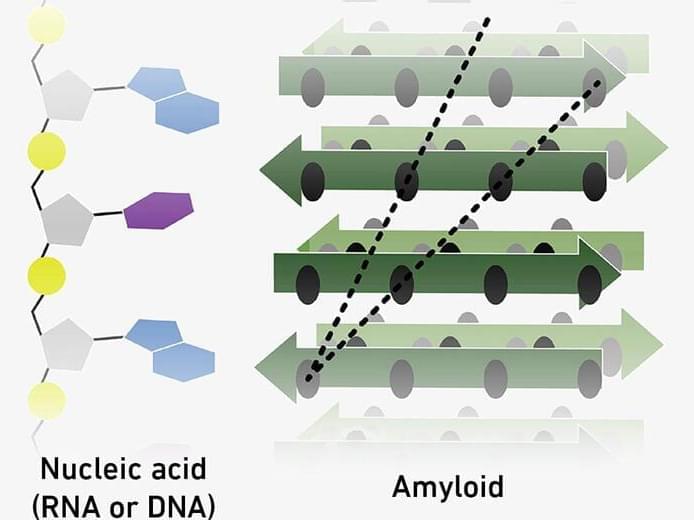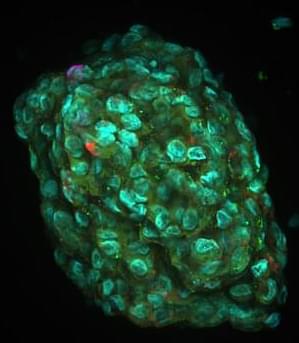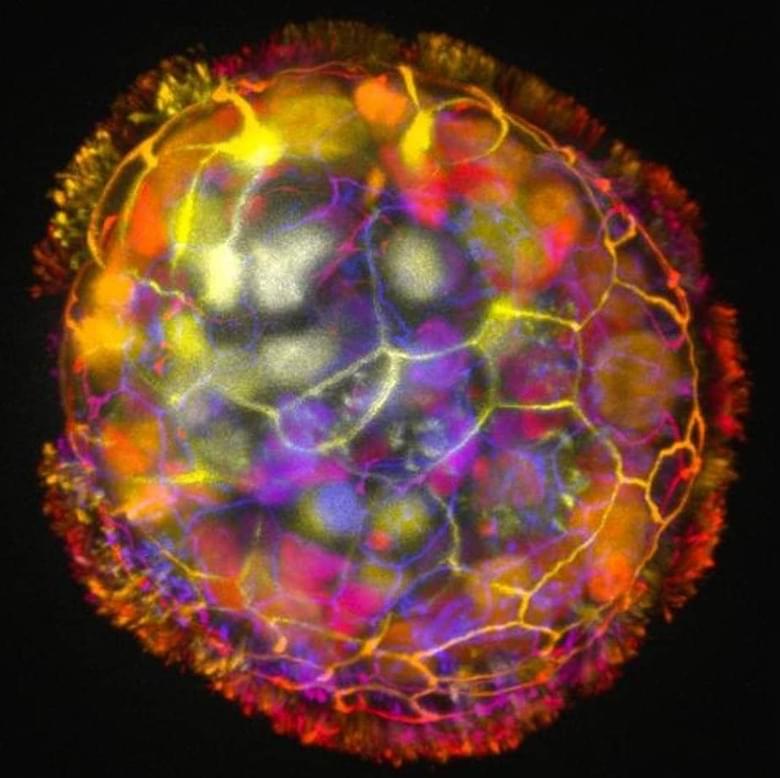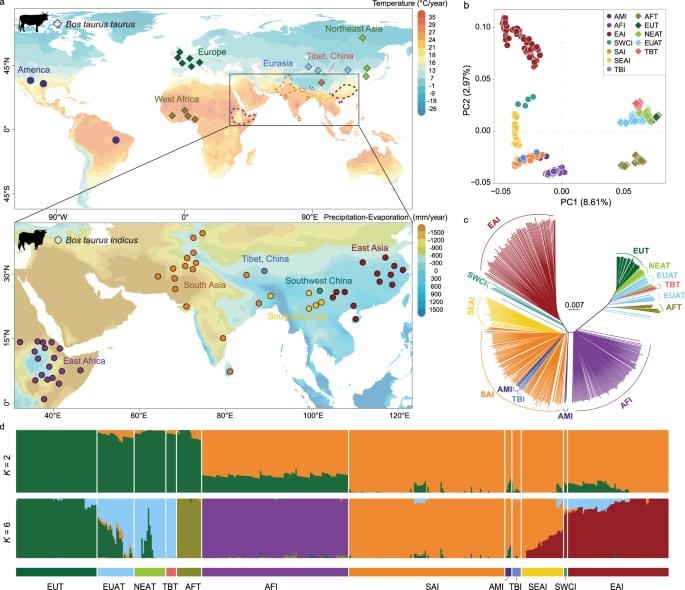The world’s largest collection of full human genomes has just gone live.
The whole genomes of 500,000 people in the UK Biobank will help researchers to probe our genetic code for links to disease.

Join us on Patreon! https://www.patreon.com/MichaelLustgartenPhD
Discount Links:
Epigenetic, Telomere Testing: https://trudiagnostic.com/?irclickid=U-s3Ii2r7xyIU-LSYLyQdQ6…M0&irgwc=1
Use Code: CONQUERAGING
NAD+ Quantification: https://www.jinfiniti.com/intracellular-nad-test/
Use Code: ConquerAging At Checkout.
Oral Microbiome: https://www.bristlehealth.com/?ref=michaellustgarten.
Enter Code: ConquerAging.
At-Home Metabolomics: https://www.iollo.com?ref=michael-lustgarten.
Use Code: CONQUERAGING At Checkout.
At-Home Blood Testing (SiPhox Health): https://getquantify.io/mlustgarten.

After five years, more than 350,000 hours of genome sequencing, and over £200 million of investment, UK Biobank is releasing the world’s largest-by-far single set of human sequencing data—completing the most ambitious project of its kind ever undertaken. The new data, whole genome sequences of its half a million participants, will certainly drive the discovery of new diagnostics, treatments, and cures. Uniquely, the data are available to approved researchers worldwide, via a protected database containing only de-identified data.
This advance lies not only in the abundance of genomic data, but its use in combination with the existing data UK Biobank has collected over the past 15 years on lifestyle, whole body imaging scans, health information, and proteins found in the blood. The Pharma Proteomics Project was published last month in Nature, in the paper, “Plasma proteomic associations with genetics and health in the UK Biobank.”
Looking forward, these data could be used to further advance efforts such as more targeted drug discovery and development, discovering thousands of disease-causing noncoding genetic variants, accelerating precision medicine, and understanding the biological underpinnings of disease.


Protein-like aggregates known as amyloids can bind to molecules of genetic material. It is possible that these two types of molecules stabilized each other during the development of life—and that this might even have paved the way for the genetic code.
How organisms develop from inanimate matter is one of the biggest questions in science. Although many possible explanations have been proposed, there are no definitive answers. That’s no surprise: these processes took place 3 billion to 4 billion years ago, when the conditions on Earth were completely different from today.
“Over this vast period of time, evolution has thoroughly obliterated the traces that lead back to the origins of life,” says Roland Riek, professor of physical chemistry and associate director of ETH Zurich’s new interdisciplinary Center for Origin and Prevalence of Life. Science has no choice but to formulate hypotheses—and to substantiate them as thoroughly as possible with experimental data.

Limits of large language models in precision medicine. Treating cancer is becoming increasingly complex, but also offers more and more possibilities. After all, the better a tumor’s biology and genetic features are understood, the more treatment approaches there are. To be able to offer patients personalized therapies tailored to their disease, laborious and time-consuming analysis and interpretation of various data is required. Researchers at Charité — Universitätsmedizin Berlin and Humboldt-Universität zu Berlin have now studied whether generative artificial intelligence (AI) tools such as ChatGPT can help with this step. This is one of many projects at Charité analyzing the opportunities unlocked by AI in patient care.
If the body can no longer repair certain genetic mutations itself, cells begin to grow unchecked, producing a tumor.
The crucial factor in this phenomenon is an imbalance of growth-inducing and growth-inhibiting factors, which can result from changes in oncogenes — genes with the potential to cause cancer — for example.

Summary: Researchers developed ‘Anthrobots,’ microscopic biological robots made from human tracheal cells, demonstrating potential in healing and regenerative medicine.
These self-assembling multicellular robots, ranging from hair-width to pencil-point size, show remarkable healing effects, particularly in neuron growth across damaged areas in lab conditions.
Building on earlier Xenobot research, this study reveals that Anthrobots can be created from adult human cells without genetic modification, offering a new approach to patient-specific therapeutic tools.

Summary: New research reveals the cerebellum’s significant role in the evolution of human cognitive functions. The study mapped the genetic development of cerebellar cells in humans, mice, and opossums, uncovering both ancestral and unique cellular characteristics.
Key findings include the increased proportion of specific Purkinje cells in humans, potentially linked to higher cognitive functions, and the identification of over 1,000 genes with varying activity profiles across species, some related to neurodevelopmental disorders.
Join us on Patreon! https://www.patreon.com/MichaelLustgartenPhD
Discount Links:
At-Home Metabolomics: https://www.iollo.com?ref=michael-lustgarten.
Use Code: CONQUERAGING At Checkout.
Epigenetic, Telomere Testing: https://trudiagnostic.com/?irclickid=U-s3Ii2r7xyIU-LSYLyQdQ6…M0&irgwc=1
Use Code: CONQUERAGING
NAD+ Quantification: https://www.jinfiniti.com/product/intracellular-nad-test/
Use Code: ConquerAging At Checkout.
Oral Microbiome: https://www.bristlehealth.com/?ref=michaellustgarten.
Enter Code: ConquerAging.
At-Home Blood Testing (SiPhox Health): https://getquantify.io/mlustgarten.
